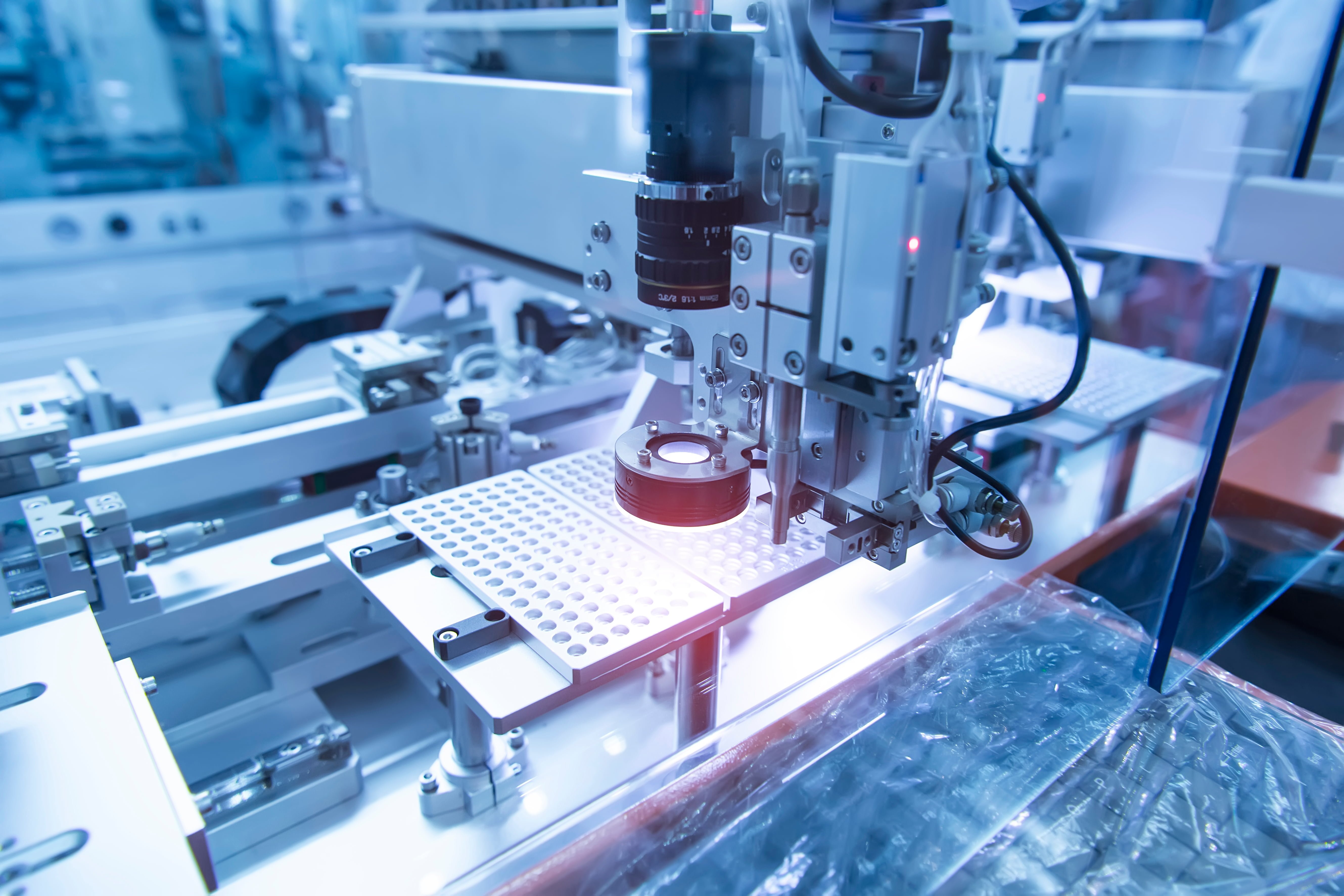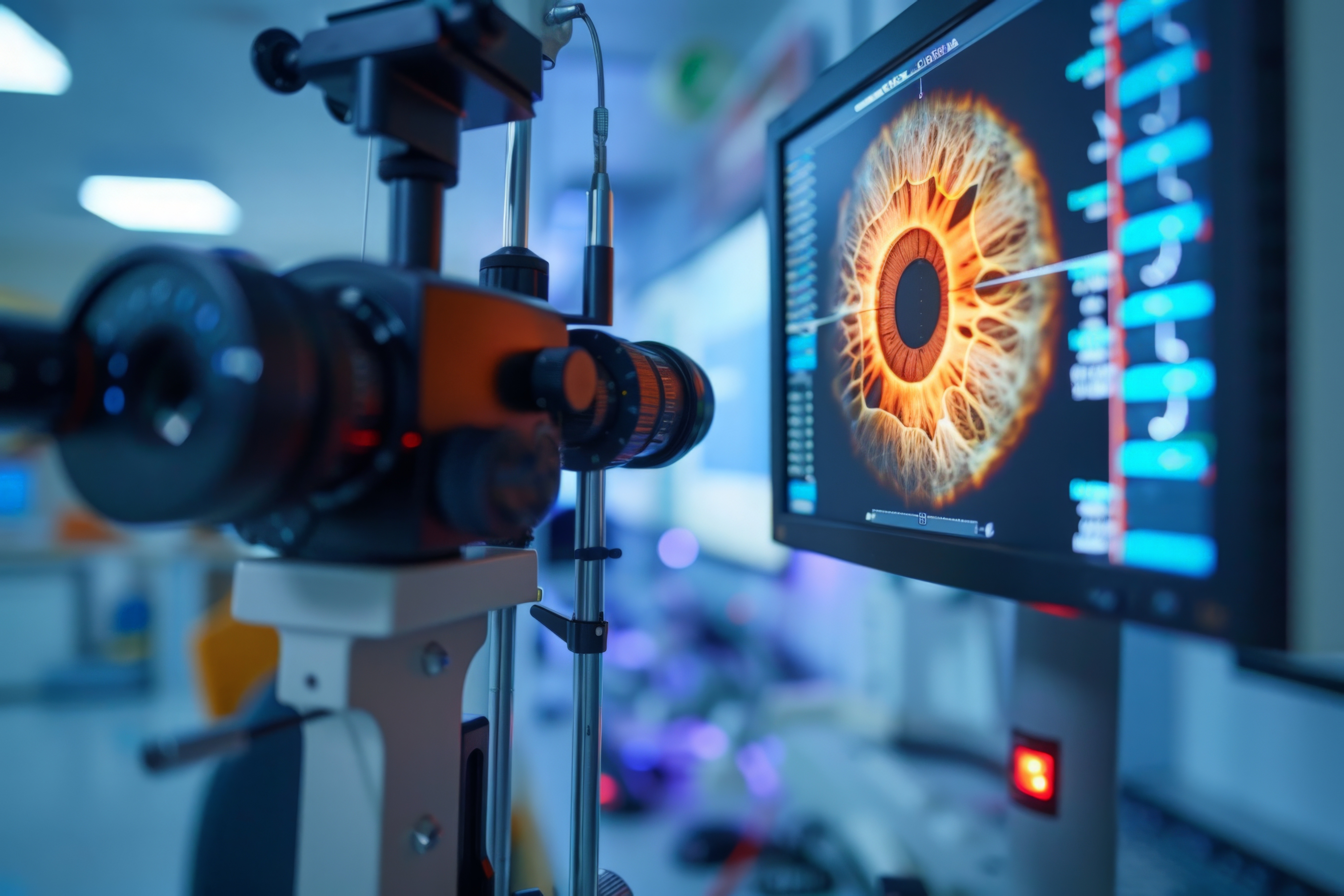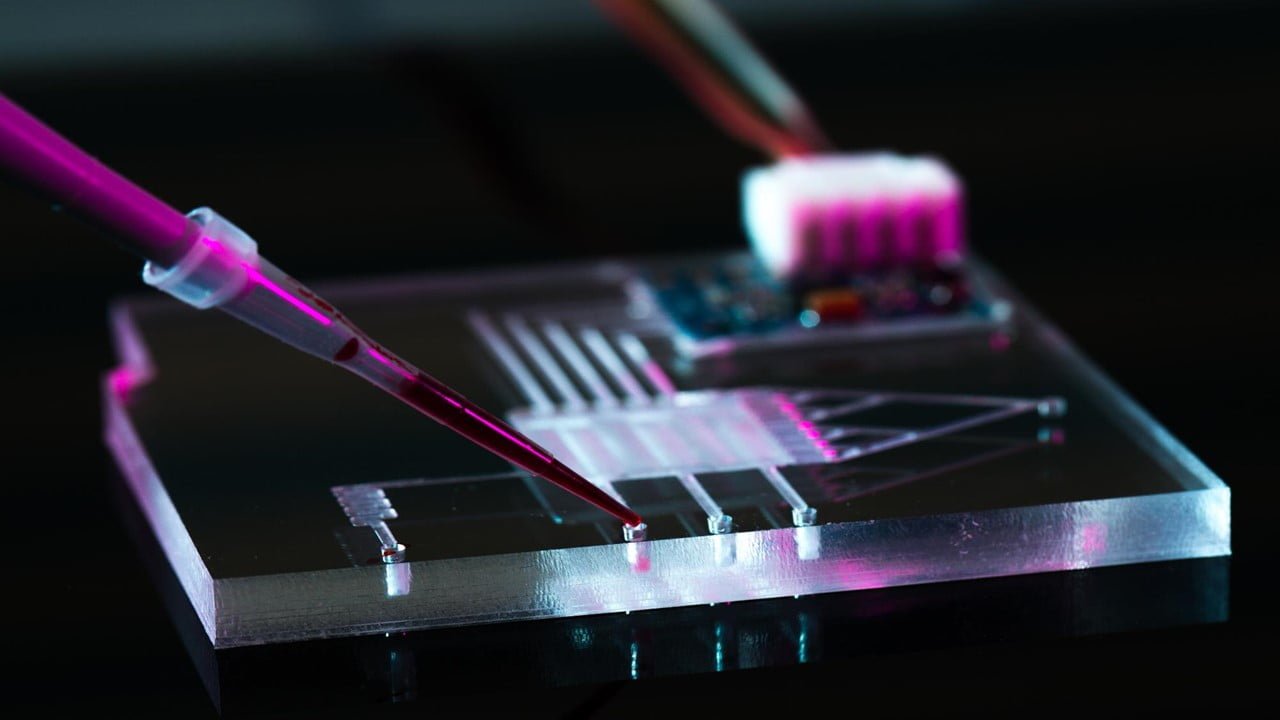
Augmented reality (AR) technology, which seamlessly overlays digital content onto our real-world view, has seen widespread adoption across various industries, from retail and gaming to education. A fundamental component enabling these immersive experiences is the waveguide display. These transparent optical layers act as conduits, guiding light from a projector directly to the user’s eye, allowing [..]
Read More
The frontier of biomedical research is rapidly advancing with the development of “organs-on-a-chip,” or microphysiological systems, which offer unprecedented accuracy in studying human biology outside of living organisms. These miniature tissue structures, cultivated within precisely controlled microfluidic chips, are poised to revolutionize drug discovery and our understanding of complex biological interactions. However, a significant hurdle [..]
Read More
A remarkable advancement in picometric spectroscopy has allowed an international research team to achieve the single-molecule observation of hydrogen (H₂) and deuterium (D₂) molecules confined within incredibly small, atomically dimensioned volumes known as picocavities. This breakthrough utilizes advanced tip-enhanced Raman spectroscopy (TERS) to provide an unprecedented look into how molecules behave under extreme spatial confinement. [..]
Read More
Engineers have achieved a remarkable feat in imaging technology by developing a novel technique that harnesses the enigmatic power of quantum entanglement to capture high-fidelity 3D images of microscopic objects. This groundbreaking approach, dubbed Quantum Multi-Wavelength Holography, offers a unique way to “see” in infrared without needing expensive infrared cameras, all while providing unprecedented depth [..]
Read More
Spin photonics, an innovative field that merges concepts from spintronics and traditional photonics, is poised to revolutionize optical technology by enabling the precise manipulation of photon spin states. While significant strides have been made, particularly with spin-decoupled metasurfaces for intricate optical field manipulation, a persistent challenge has been achieving broadband spin decoupling and higher integration [..]
Read More
A groundbreaking advancement in optical technology promises to transform how we visualize the inside of the human body. Researchers have successfully developed an ultra-thin optical imager, offering a less invasive approach to acquiring high-resolution images from within internal organs and tissues. This innovation holds immense potential for early and precise disease detection, providing crucial insights [..]
Read MoreThe ever-evolving landscape of consumer electronics and advanced computing is increasingly reliant on optoelectronic innovations. Recent breakthroughs are pushing the boundaries of display technology, aiming for faster response times and higher resolutions, while also tackling the critical challenge of synchronization between optical and electronic components within complex computing networks. This convergence of optics and electronics [..]
Read More
As artificial intelligence (AI) data centers grapple with the ever-increasing demands for bandwidth to shuttle massive datasets between GPUs and memory, the limitations of traditional copper interconnects are becoming increasingly apparent. Startups are stepping up to address this bottleneck by developing innovative optical interconnects that can be integrated directly onto standard GPU and memory chiplets, [..]
Read More
The burgeoning field of intelligent machine vision, fueled by the Internet of Things (IoTs) and artificial intelligence (AI), demands efficient acquisition of complex, multidimensional visual information encompassing spatial, temporal, and spectral data. Conventional full-frame sensors struggle to handle this deluge of data, facing limitations in bandwidth, storage, and processing power. To address these challenges, researchers [..]
Read More
After decades of frustration, scientists have successfully refined cryogenic electron microscopy (cryo-EM) by utilizing ultracold liquid helium to achieve remarkably high-resolution images of protein structures. This breakthrough overcomes a long-standing issue that paradoxically resulted in fuzzier images when using liquid helium compared to the warmer liquid nitrogen temperatures. The findings pave the way for electron [..]
Read More
Photonic computing, a paradigm that harnesses light instead of electrons for information processing and computation, is taking significant strides towards becoming a reality. Two recently developed computer chips, leveraging the unique properties of photons, have successfully tackled complex computing tasks that were once considered beyond the reach of purely photonic systems. These advancements demonstrate the [..]
Read More
The intricate connection between the eye, particularly the retina and optic nerve, and the central nervous system (CNS) provides a unique and non-invasive pathway to understanding neurological health. Neuro-ophthalmology, a specialized field, capitalizes on this relationship to diagnose and manage a spectrum of systemic and neurological disorders that manifest within the visual pathway. Advanced diagnostic [..]
Read More
Researchers have achieved a significant advancement in secure free space optics (FSO) communication with the development of a novel chaotic light receiver. This innovative system integrates an array of optical antennas directly onto a programmable optical processor (POP) photonic chip, enabling real-time adaptation and maintaining signal integrity even under challenging atmospheric conditions. This work paves [..]
Read More
Physicists have achieved a significant milestone in integrated photonics with the creation of an on-chip compact laser capable of generating exceptionally bright, short pulses of light in the mid-infrared (mid-IR) spectrum. This wavelength range is highly valuable for applications such as gas sensing and spectroscopy but has historically been challenging to access with integrated devices. [..]
Read More
The flow of microscopic particles through the intricate networks of microfluidic devices is often plagued by clogging at critical bifurcation points, such as Y-junctions. This accumulation can lead to flow reduction, operational instability, and even catastrophic device failure. However, a groundbreaking study has demonstrated that the complete flow behavior of colloidal particles through a microfluidic [..]
Read More
Researchers have pioneered a novel terahertz (THz) imaging technique that offers an unprecedented ability to non-destructively visualize and analyze the internal structures and properties of layered materials with remarkable clarity. This terahertz light breakthrough in THz photonics overcomes limitations of conventional imaging methods, opening up new avenues for quality control, material science research, and the [..]
Read More
Researchers have achieved a significant breakthrough in integrated photonics with the demonstration of a high-performance optical isolator based on a hybrid 2D material/silicon platform. By integrating a thin film of the 2D multiferroic material CuCrP2S6 (CCPS) onto a silicon microring resonator, they have created a compact and efficient device capable of non-reciprocal light transmission in [..]
Read More